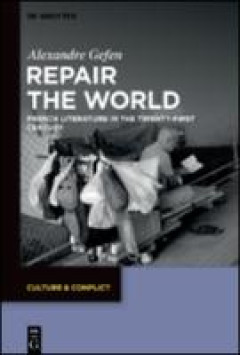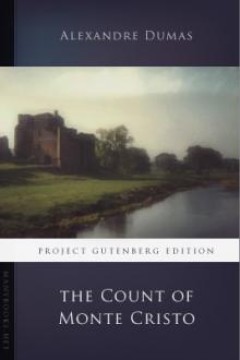Ditapis dengan

E-book Repair the World: French Literature in the Twenty-First Century
Drawing on twenty-first-century French-language literature, this study shows how literature can not only serve as a means of "personal development", but also help repair the "brokenness" implied in victimhood, and redress individual and collective traumas. As it reflects on discourses of repair (and reparations), it questions the canonical theories on the functions of literature and proposes a …
- Edisi
- -
- ISBN/ISSN
- 9783111428000
- Deskripsi Fisik
- 291 halaman
- Judul Seri
- -
- No. Panggil
- 306 GEF r

E-book Between the 3rd and 2nd Millennia BC : Exploring Cultural Diversity an…
It is generally agreed that during the 3rd millennium BC (Chalcolithic) and the 2nd millennium BC (Bronze Age) complex transformations of the social dynamics within the diverse communities inhabiting the different regions of Europe occurred. This book intends to revisit such consensus by highlighting how researchers explain these transformations a…
- Edisi
- -
- ISBN/ISSN
- 9781789699234
- Deskripsi Fisik
- 157 hlm
- Judul Seri
- -
- No. Panggil
- 930.1 LOP b
E-book Women in the History of Science : A Sourcebook
We are inspired by and support UCL’s programme to liberate the curriculum alongside other programmes with similar aims. Women are too often excluded in the history of science, and this book aims to recover the voices, works and experiences of women in the production of knowledge through primary sources. This book offers university lecturers and tutors a diverse range of …
- Edisi
- -
- ISBN/ISSN
- 9781800084155
- Deskripsi Fisik
- 476 hlm
- Judul Seri
- -
- No. Panggil
- 902 ABR w
E-book Living Planet Report 2020
The global Living Planet Index continues to decline. It shows anaverage 68% decrease in population sizes of mammals, birds, amphibians, reptiles and fish between 1970 and 2016. A 94% decline in the LPI for the tropical subregions of the Americas is the largest fall observed in any part of the world. Why does this matter? It matters because biodiversity is fundamental to human life on Earth, and…
- Edisi
- -
- ISBN/ISSN
- 9782940529995
- Deskripsi Fisik
- -
- Judul Seri
- -
- No. Panggil
- 333.7 AND l

E-Book The Count of the Monte Cristo
A classic adventure novel, often considered Dumas' best work, and frequently included on lists of the best novels of all time. Completed in 1844, and released as an 18-part series over the next two years, Dumas collaborated with other authors throughout. The story takes place in France, Italy, and the Mediterranean from the end of the rule of Napoleon I through the reign of Louis-Philippe.
- Edisi
- -
- ISBN/ISSN
- 0140449264
- Deskripsi Fisik
- 1424 p . 4,9 MB
- Judul Seri
- -
- No. Panggil
- 823 DUM c
 Karya Umum
Karya Umum  Filsafat
Filsafat  Agama
Agama  Ilmu-ilmu Sosial
Ilmu-ilmu Sosial  Bahasa
Bahasa  Ilmu-ilmu Murni
Ilmu-ilmu Murni  Ilmu-ilmu Terapan
Ilmu-ilmu Terapan  Kesenian, Hiburan, dan Olahraga
Kesenian, Hiburan, dan Olahraga  Kesusastraan
Kesusastraan  Geografi dan Sejarah
Geografi dan Sejarah